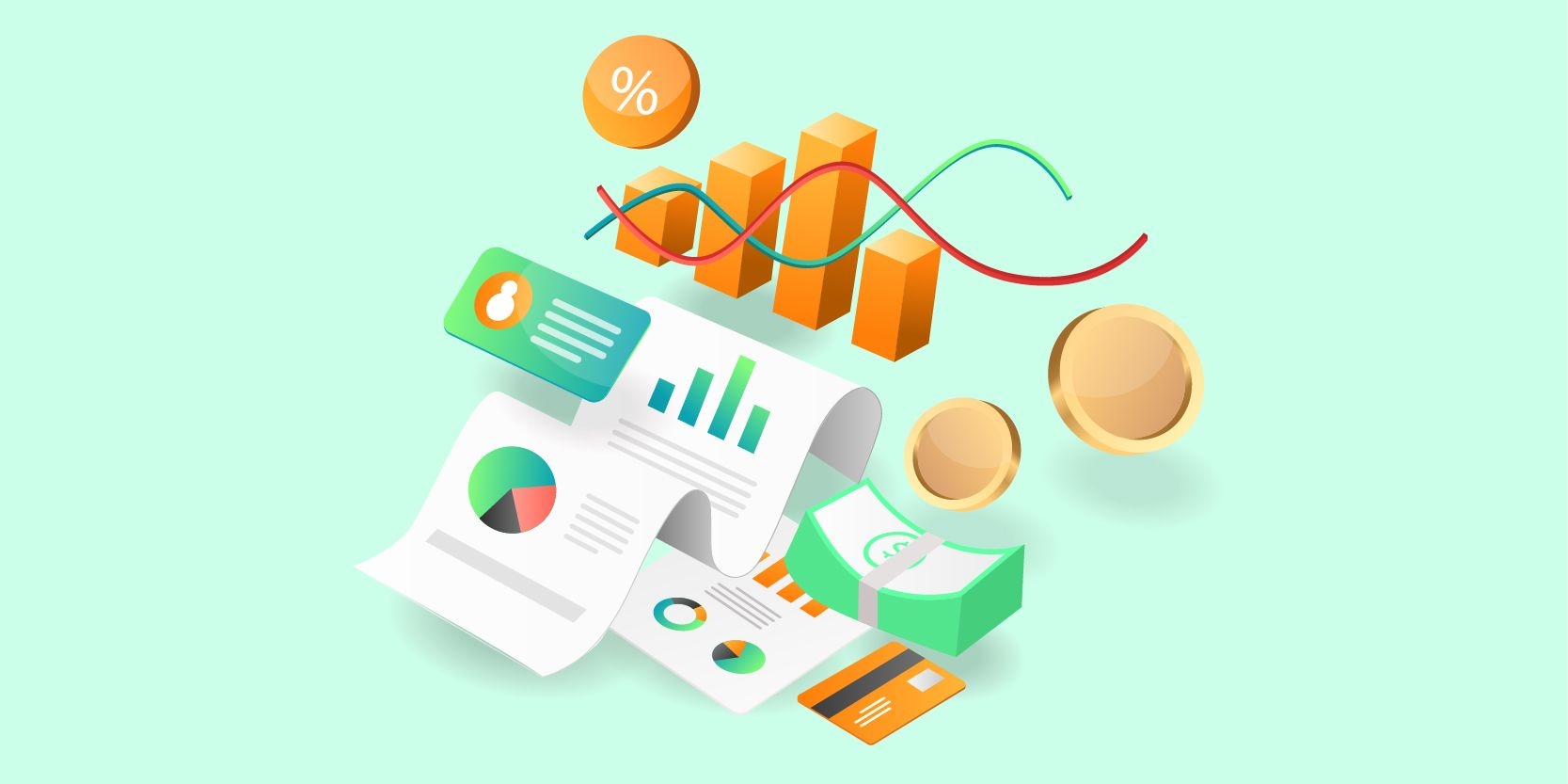The phenomenon of equating data to a treasure trove is increasing immensely in today's data-driven world, with mining going on for insights and consequent value. It is now realized across all sectors that hidden in captured data, lies the key to major competitive advantages and new revenue streams. Data monetization - the use of data deliberately to derive an economic benefit - has rapidly emerged as one of the building blocks of contemporary business strategy. This blog post therefore aims to contextualize the concept of data monetization, give a description of its various forms, and further look into some practical insights on how an organization can extract the full financial potential from its organizational data assets.
What is Data Monetization?
Data monetization is the process of turning data into quantifiable economic benefits. This can be realized in several ways, such as operational efficiencies, enhanced customer experiences, and new revenue streams. According to Gartner, data monetization involves using data to obtain quantifiable economic benefits, including the generation of revenue and reduction of costs, as well as the mitigation of risks.
The Importance of Data Monetization
Data monetization does not necessarily mean just selling data, but it's about realizing value in multiple ways from your data. For example, by infusing analytics into their products, businesses can improve customer engagement and retention. This is affirmed in a survey where 44% of the respondents showed positive impacts on revenues through embedded analytics and 43% improved customer retention. An organization that understands how to put its data to work can generate tremendous financial gains and strategic advantages.
Core Elements of Data Monetization
For effecting data monetization, organizations must drive their focus towards three core elements:
- Better Data Quality: Ensuring accuracy, completeness, and reliability of the data.
- Identifying Valuable Insights: Analysis of data to extract actionable insights in light of the business goals.
- Translating Insights into Actions: Strategies performed by using data-driven actions to drive business outcomes.
Models for Data Monetization
Data monetization is possible through a number of distinct models. They have different advantages and uses:
- Internal Data Monetization: The insights flywheel is a model that refers to the internal leveraging of data in enhancing operational efficiencies and decision-making processes. It primarily involves improving data quality, generating helpful insights from data, and utilizing these insights in accomplishing any business goals. For example, a company can use data analytics in improving supply chain operations, which would bring down delivery time while reducing inventory holding costs incurred.
- Embedded Analytics: Product and Service Differentiation that refers to the deep integration of data analytics capabilities into product-facing and customer-facing applications. A trend like this enables a business to deliver personalized services, enhance user experience, and increase new streams of revenue. For instance, a company working in financial services may embed analytics into its platform so that it can provide customers with real-time insights and recommendations, improving customer loyalty and satisfaction.
- Commercialization: Selling Data Products is a type of commercialization when a product or service, in this case, data or data-derived, is sold directly to third parties. This may involve the sale of raw data, processed data insights, or even a full-fledged data solution. These modern cloud marketplaces, be it Google Cloud or Snowflake, among others, enable organizations to package and sell their data products, capturing new monetization opportunities.
Best Practices for Data Monetization
Organizations must follow these best practices to efficiently monetize their data:
- Quantify the Value of Your Data: Conduct market research to determine the potential demand and value of your data products.
- Ensure Data Quality and Governance: Implement robust data management practices to maintain high data quality and compliance with regulations.
- Assess Technology Requirements: Evaluate your current technology stack and identify any gaps that need to be filled to support data monetization efforts.
- Secure Organizational Buy-In: Engage stakeholders across departments to ensure alignment and support for data monetization initiatives.
- Focus on User Experience: Design data products with the end-user in mind, ensuring they are easy to use, scalable, and provide valuable insights.
Ethical Considerations in Data Monetization
While data monetization offers significant financial benefits, it also raises important ethical and privacy concerns. Organizations must ensure that their data monetization strategies strictly conform to legal regulations and maintain customer trust. Transparency, data security, and ethical use of data are critical to sustaining long-term success in data monetization.
Conclusion
Data monetization is an incredibly powerful opportunity for organizations to extract hidden value from their data assets. By understanding the models of data monetization and applying best practices, businesses could transform their data into a strategic asset to drive revenue growth, operational efficiencies, and competitive advantage. As you get started in your journey to data monetization, never forget that financial goals need to be aligned with ethical ones in order to have a sustainable, trusted data-driven business.
The careful picking of data monetization strategies that are aligned with the general vision of the business and with customer expectations will unlock the real value of your data and drive truly transformative growth in the digital age.

